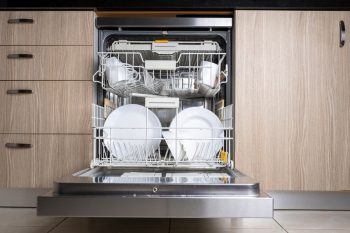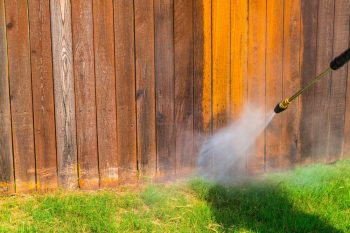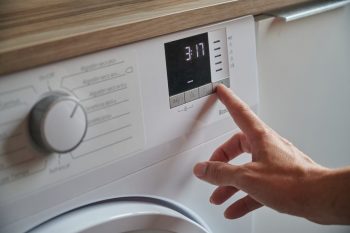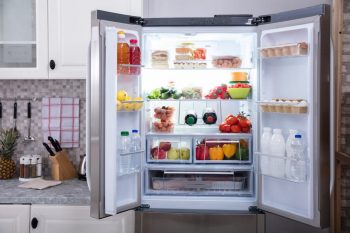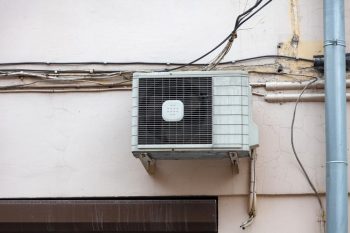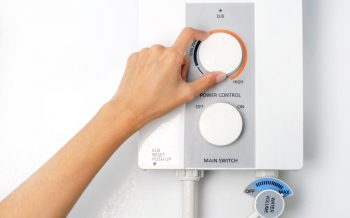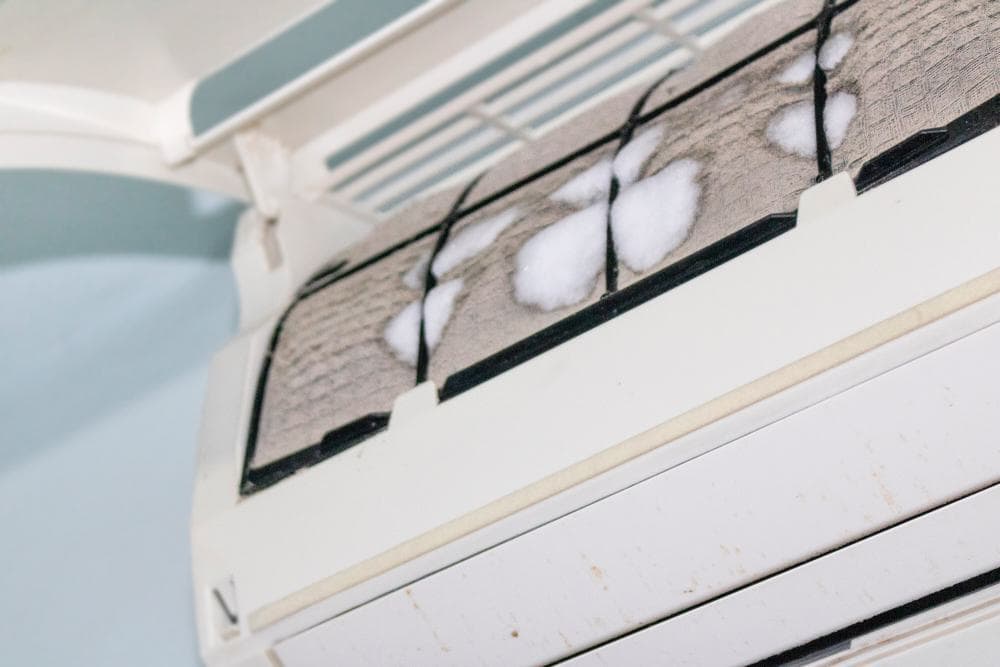
Maintaining an air conditioner is essential for its efficiency and longevity. One crucial aspect of this maintenance is checking and cleaning the coils. In this comprehensive guide, we will delve into how to check the coils on your air conditioner, why it’s important, and what you should do if you find any issues.
To check the coils on your air conditioner, first, turn off the power for safety. Then locate the evaporator coil inside the air handler or furnace and the condenser coil in the outdoor unit. Inspect these coils for any buildup of dirt, dust, or debris. If you notice any, gently clean it off with a soft brush or vacuum attachment. Be careful not to damage the delicate fins on the coil. If you find any other issues or damage, it’s best to contact a professional HVAC technician for further inspection and repair.
Understanding the Function of Coils in an Air Conditioner
In an air conditioning system, coils play a pivotal role in the cooling process. There are two main types of coils: evaporator coils and condenser coils. Both of these coils work together to transfer heat and humidity from the indoor air to the outside, ensuring a comfortable environment inside your home or building.
The evaporator coil absorbs heat from the indoor air using a refrigerant, while the condenser coil releases this absorbed heat to the outdoors. Regular maintenance and cleaning of these coils are crucial for the efficient and effective operation of the air conditioning system.
Locating the Coils
The evaporator coil is typically located inside the air handler or the furnace, near the blower fan. The condenser coil, on the other hand, is located in the outdoor unit of the air conditioning system. It is often found in a large outdoor cabinet, which also houses the compressor and a fan for expelling heat from the refrigerant.
Signs of a Malfunctioning Coil
Signs that your coils may be malfunctioning include warm air coming from the vents, frequent system cycling, poor cooling, longer running time, reduced airflow, frost or ice buildup on the evaporator coil, and leakage or excess water from the air conditioner. If you notice any of these signs, it’s crucial to check your coils and contact a professional HVAC technician for diagnosis and repair.
How to Check the Coils on Your Air Conditioner
Here is a step-by-step process on how to check and clean your air conditioner’s coils:
- Turn off the power: Always ensure your safety before starting any maintenance tasks.
- Locate and inspect the coils: Locate the evaporator and condenser coils in your air conditioner. Use a flashlight to look for any buildup of dirt, dust, or debris on the coil.
- Clean the coils: If you find any debris or dirt on the coil, use a soft brush or vacuum attachment to gently remove it. Be careful not to damage the delicate fins on the coil.
- Check for other issues: While you have the unit open, inspect for any other potential issues, such as damaged or leaking refrigerant lines, or problems with the control board.
- Reassemble the unit: Once you’ve finished inspecting and cleaning the coil, reassemble the unit and restore power.
Remember, regular maintenance of your air conditioner coils is essential for the system’s efficient operation. Neglecting the maintenance of the coils can lead to reduced airflow, decreased cooling capacity, and other severe problems down the line. If you’re unsure about cleaning the coils yourself or need assistance, it’s best to contact a professional HVAC technician.
When to Seek Professional Help
While basic checks and cleaning can be done by a layperson, a thorough inspection and cleaning should ideally be performed by a professional. Accessing the evaporator coil may require removing screws and casings, a task best left to a professional. They have the necessary knowledge, experience, and equipment to clean the coils thoroughly and safely without causing any damage.
Potential Risks and Errors to Avoid
When checking the coils on your air conditioner, be aware of potential risks and errors. These include electrical shock, chemical hazards from cleaning agents, damage to the coils, mismatched components when replacing damaged coils, and neglecting regular maintenance.
What to Do If Your Coils are Damaged or Not Functioning Properly
If you find that the coils on your air conditioner are damaged or not functioning properly, there are several actions you can take. These include turning off your air conditioner and contacting a professional, repairing or replacing the coils, scheduling regular maintenance, and cleaning the coils. Always consult with a professional HVAC technician to determine the most appropriate solution for your specific situation.
In conclusion, maintaining the coils of your air conditioner is essential for its efficient operation and longevity. Regular checks and cleaning can prevent potential issues and ensure your home remains a comfortable haven. If you’re unsure about any of the steps or prefer professional assistance, don’t hesitate to reach out to a licensed HVAC technician. They can provide you with the necessary services and guidance to maintain your air conditioning system effectively.
Frequently Asked Questions
How often should I check and clean the coils on my air conditioner?
It is generally recommended to check and clean the coils on your air conditioner once a year, usually in the spring before the weather gets warm. However, if you live in a dusty area or use your air conditioner frequently, you may need to check and clean the coils more often.
Can I use any type of brush to clean the coils?
No, it’s not advisable to use any brush. A soft brush is recommended because the fins on the coils are delicate and can easily get damaged. You can also use a vacuum with a brush attachment for this purpose.
What type of maintenance should be done on the coils?
Regular maintenance of the coils includes checking for any signs of damage or dirt, cleaning the coils if necessary, and ensuring that the refrigerant lines are not damaged or leaking. If you notice any issues, it’s best to contact a professional HVAC technician.
What can happen if the coils are not properly maintained?
Neglected coils can lead to several problems, including reduced airflow, decreased cooling capacity, and the air conditioner running longer and working harder to cool your home. This can lead to higher energy bills and potential damage to your air conditioner.
Can I replace the coils myself if they are damaged?
Replacing the coils on an air conditioner is a complex task that involves handling refrigerant, which is a hazardous substance. Therefore, it’s best to leave this job to a professional HVAC technician, who has the necessary training and equipment to do it safely and correctly.

